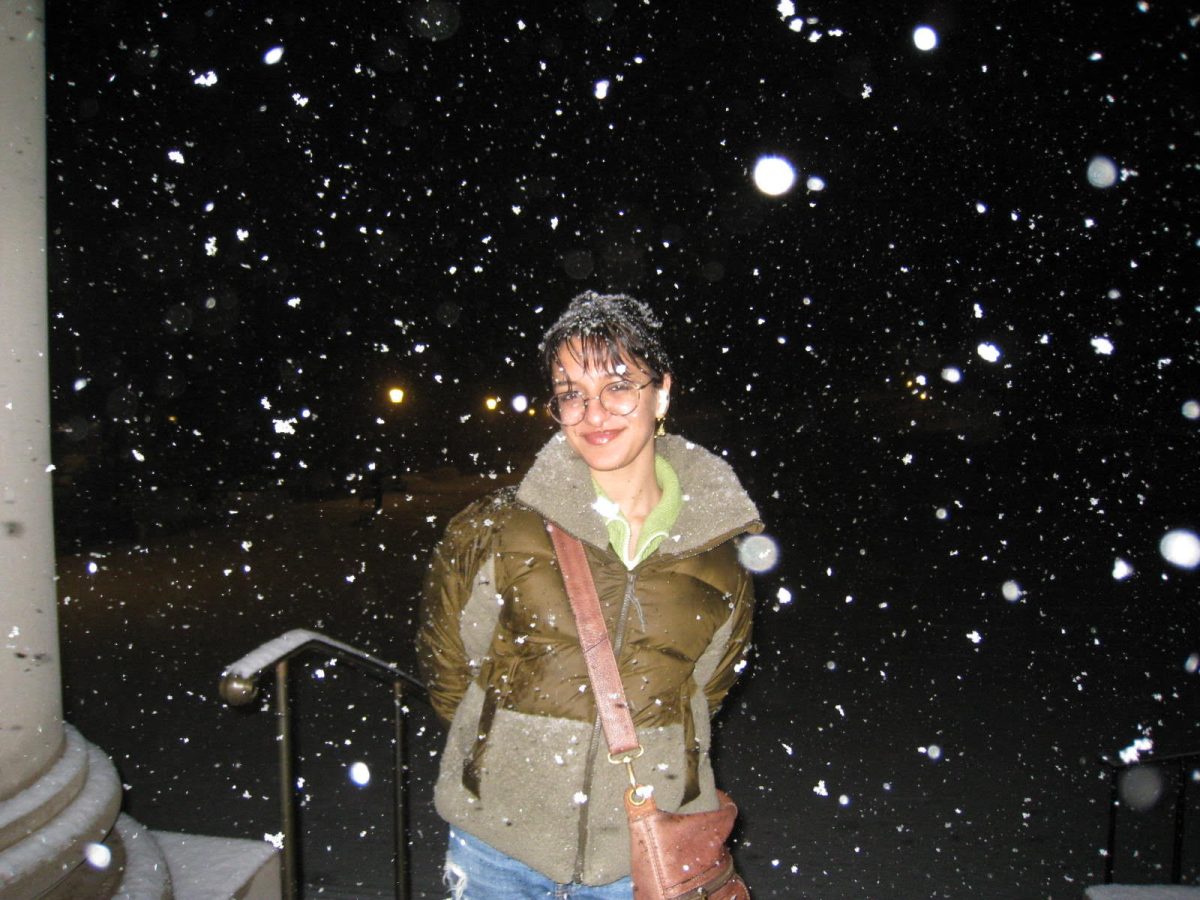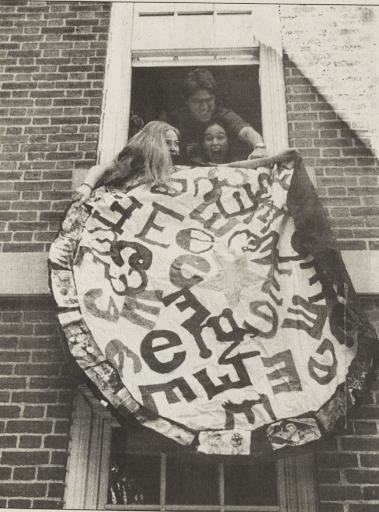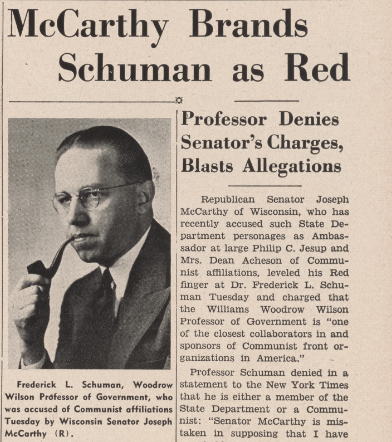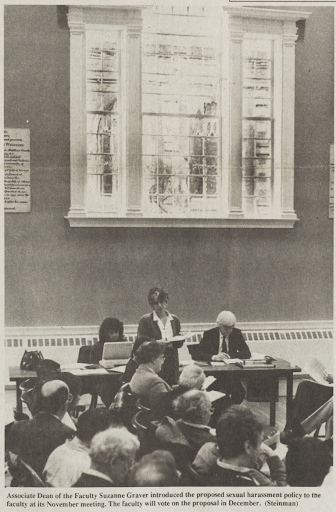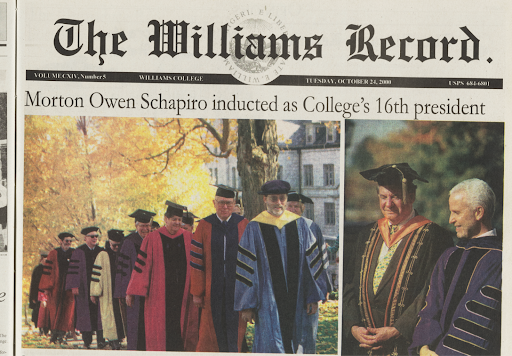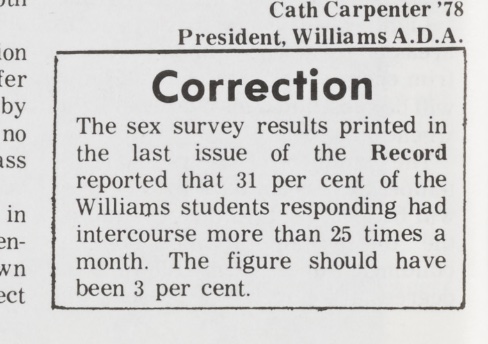
“This Week in Williams History” is a column that looks back at memorable moments in the College’s past through articles in the Record. This week in history, the Record covered Cap and Bells’ first musical, frustration with a restriction on women visiting dorms at night, an overstatement of the frequency of sex on campus, and a student panel discussion on queer life.
Feb. 15, 1909: In a break from tradition, Cap and Bells performs first musical
Today, musicals are a staple of every Cap and Bells season — recent productions of Urinetown and High School Musical loom large in the campus’ collective memory. But just 117 years ago, Cap and Bells didn’t perform musicals and was, in the words of a 1909 Record article, “of the purely dramatic character.”
On Saturday, Feb. 13, 1909, that all changed as the turn-of-century College thespians of Cap and Bells put on their annual mid-winter play in concert with the College’s musical clubs, the Record reported.
Though the Record applauded the production — entitled The Man Who Knew French — as an “interesting variant” of previous Cap and Bells performances, it noted that the show’s “complete success was marred by a more or less prevalent lack of spirit which tended to produce a proportionately unenthusiastic audience.”
The Record bemoaned the production’s “lack of smoothness,” “noticeable and unnecessary pauses,” and “general weakening … at the end of the play.”
But, as the 1909 Record headline attests, the show was nevertheless “creditably produced.”
Feb. 19, 1955: First-year expresses frustration with rules on fraternity rushing, restrictions on women in dorms at night
Think you’re under draconian rule trying to keep your candles hidden during room checks? Joe Albright ’58, author of the Feb. 19, 1955 Record op-ed entitled “Personal Slant,” thought he had it pretty bad. Two years prior to the op-ed’s publication, the College prohibited first-years from being initiated into fraternities until their second semester, hindering them from going whole-hog on reveling during the fall. In addition to these regulations, the College restricted the hosting of women visitors in dorms to daytime hours.
To Albright, the restrictions were outrageous, especially after the regulations on fraternity rushing. “Under the old system, the problem of women in the dormitories was never acute,” he writes in his op-ed. “There was no need or desire to invite girls into the rooms because the fraternity affairs were always more exciting anyway.”
Albright ends his polemic with a claim of unfair enforcement. “As long as upperclassmen in fraternities enjoy so much freedom, there is no reason why freshmen should be yoked with a veritable time-clock system,” he writes. “After all, there is no reason to use Victorian morals on one class and not the other three.”
Feb. 15, 1977: Record issues correction: Students having far less sex than initially reported
“The sex survey results printed on the last issue of the Record reported that 31 percent of the Williams students responding had intercourse more than 25 times a month. The figure should have been 3 percent,” a correction in the Feb. 15, 1977 issue of the Record reads.
Whoops.
Feb. 17, 1987: Students host panel about queer life at the College
On Feb. 10, 1987, five students hosted an informal panel about their experiences as queer students at the College. “The atmosphere was relaxed, and there was a lot of laughter and applause,” the Record reported.
One of the speakers, Eliza Kent ’89, told the audience, “If heterosexual sex at Williams is in a closet, then homosexual sex is in a shoebox at the back of the closet.”
While the panelists all emphasized that rampant homophobia pervaded campus, Ed Stein ’87 did note that “Williams is OK in comparison to some places. Alabama would be terrible.”
During the question-and-answer period after the speakers’ comments, one student asked the panel, “What are the advantages of being bisexual?”
Two of the speakers, Stein and Erik Migdail ’87 replied, “having twice the group to choose from.”






